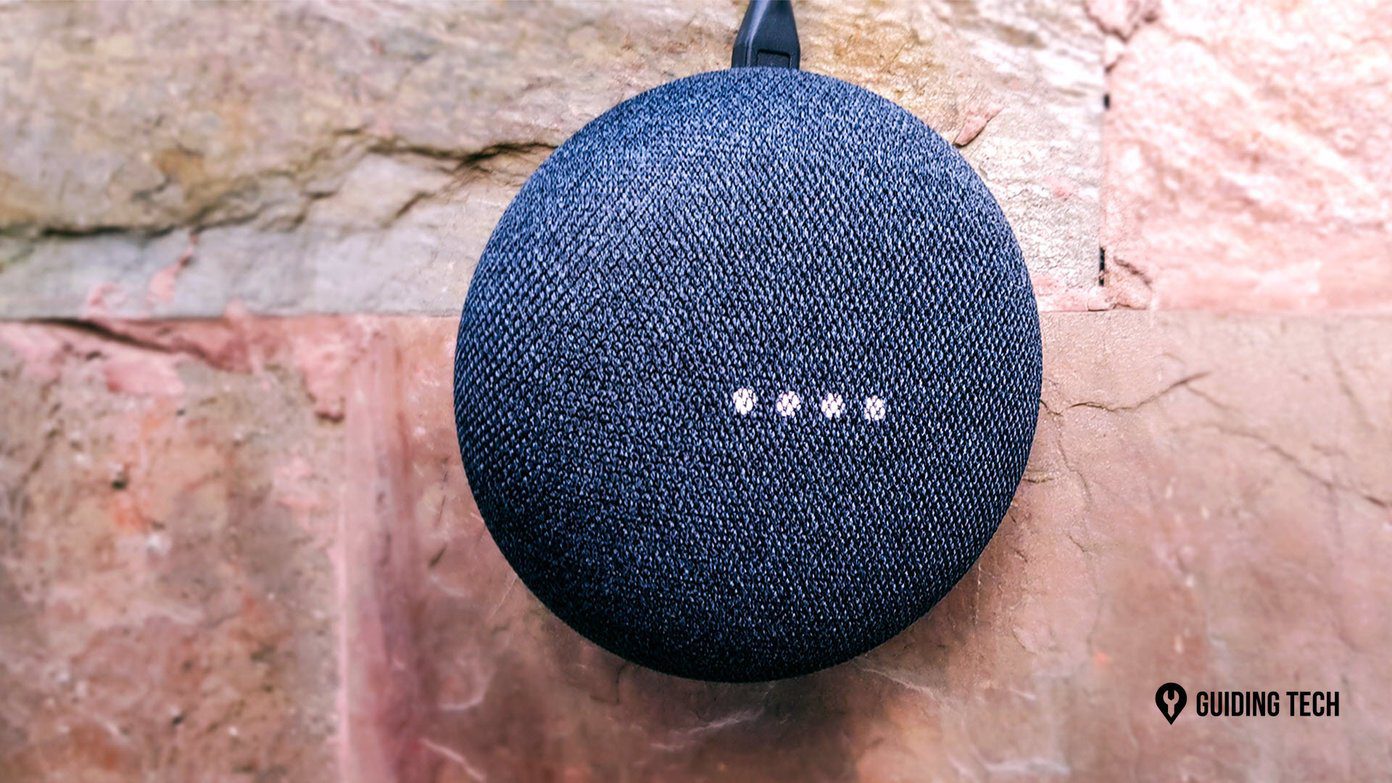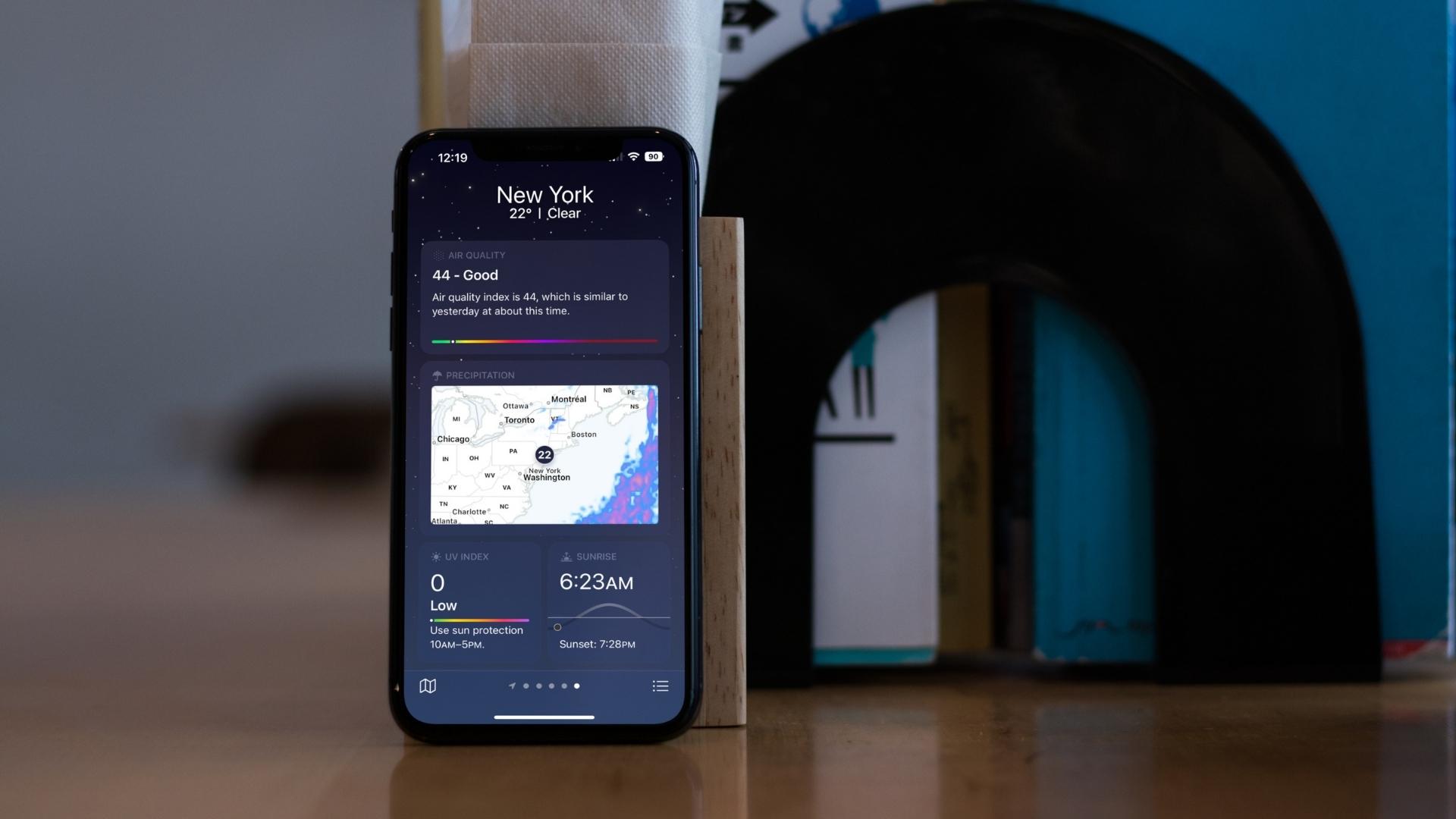It got so bad that this one time when I was trying to download a storage space analyzer app, I got an error saying I didn’t have enough space left. Oh, the irony. But in the end I was able to persevere. Using a combination of different apps (yes, yes, adding insult to the injury), uninstalling apps, clearing caches, and being ruthless about downloaded files, I was able to clear more than 1 GB of data in a matter of minutes. To me, that’s a lot. Read on to find out how I did it. And how you can too.
1. Look Up Storage in Settings
First, go to Settings -> Storage and take a look at what’s taking up so much space. Is it apps, photos, or videos? Tap on an option to see the complete list. Although, deleting files from here is not possible for some reason. More importantly, tap the Misc option. This lists all the extra files left from apps you uninstalled, old backup files, or any other file type. I found over 1 GB of data taken up by such miscellaneous files. Deleting the old ROM backups, ROM images, and more was an easy way to free the space.
2. Analyze Storage Using Disk Usage & Storage Analyzer
Sometimes a visual representation of data helps. That’s where Disk Usage & Storage Analyzer comes in. Once the app scans your storage, it will show you a breakdown of your entire storage directory, folder by folder. It displays this using a branched circle structure. You can use the Directory tab to go deeper into the folders. Tapping a folder/file brings up the Delete option.
3. Clean Cache and Temp Files
If you’re a fan of RSS readers or offline reading apps, app caches can build up pretty fast. I’m talking about a couple hundred MBs here. You can either go to Settings -> Apps, choose the app and clear the cache manually or you can use a cleaner app. When it comes to cleaner apps, you can either use Clean Master or CCleaner (our review here), Clean Master being the choice of Android veterans. When you launch Clean Master, you’ll see a Junk Files option. This will include system cache, app caches, system junk files, residual files from old apps and more. You can select what you want to delete. It freed nearly 300 MB using this feature. Not bad for literally 15 seconds of work. As caches build up with time, you’ll have to do this cleaning at set intervals.
4. Upload Photos to Dropbox and Delete Local Copies
Dropbox’s Carousel app has a “Free up phone space” feature (available in Settings) that deletes local copies of photos that are already backed up to Dropbox. They can be accessed from the Carousel app anytime. Carousel will show thumbnails of all the photos. Tapping them will give you a larger preview. You can save photos from here to local storage as well. If you want to do this manually, you can. Choose your cloud photo backup service of choice. Upload, then delete the local copies.
5. Do a Manual Sweep with ES File Explorer
There’s nothing better than just having a look around. Grab a full-featured file manager like ES File Explorer and start hunting. Explore the folders from top down. You’re bound to find files and folders taking up unnecessary space. Check the Downloads folder: Everything you download on your phone will be on the Downloads folder. Over time, it gets easy to ignore this folder while it fills up. I found a couple of apk files and many wallpapers the last time I went looking in my Downloads folder, all of which I could get rid of.
6. Use the Old Fashioned Way: Delete Via PC
If you’re looking for an easier way to manage/delete data from your phone that’s possibly the most reliable way, connect it to a PC. This will list your internal storage as well as external SD card. Browse around, rearrange, and delete anything you don’t need.
7. Batch Uninstall Apps
We’ve talked about the best ways to batch uninstall apps, including Titanium Backup for rooted users. But you can use a cleaner app like Clean Master to uninstall apps as well. Apps like Facebook and Instagram can take up more than 100 MB of space (not to mention significant battery power). You can consider deleting them and using the website instead.
8. Do a Factory Reset
We’re talking about taking extreme measures here, but if necessary, you could just do a factory reset and start over fresh. Make sure all your personal data is backed up (to the cloud preferably) before you do this.
How Do You Free Up Storage Space?
What’s your workflow for getting rid of unwanted apps, photos, and files? Let us know in the comments below. The above article may contain affiliate links which help support Guiding Tech. However, it does not affect our editorial integrity. The content remains unbiased and authentic.

















